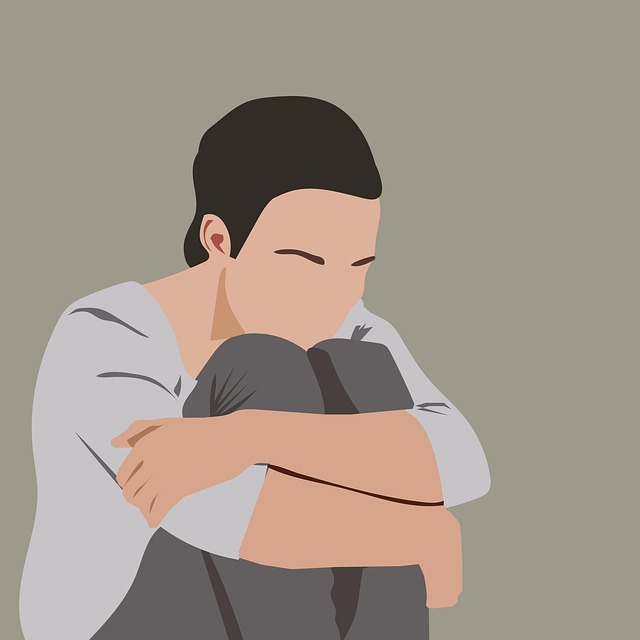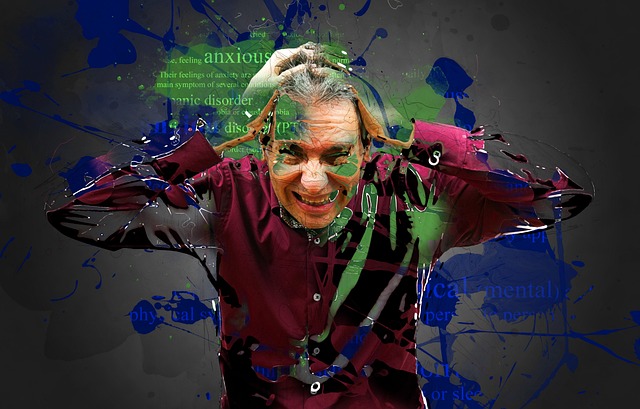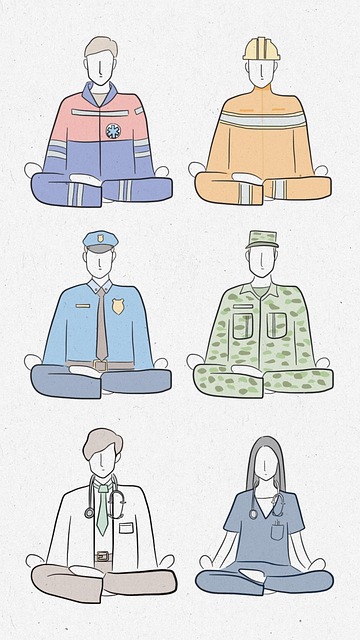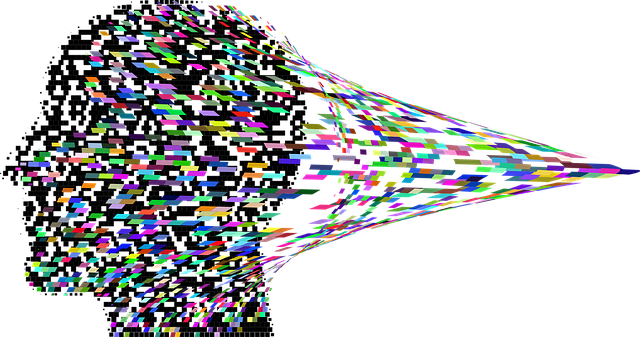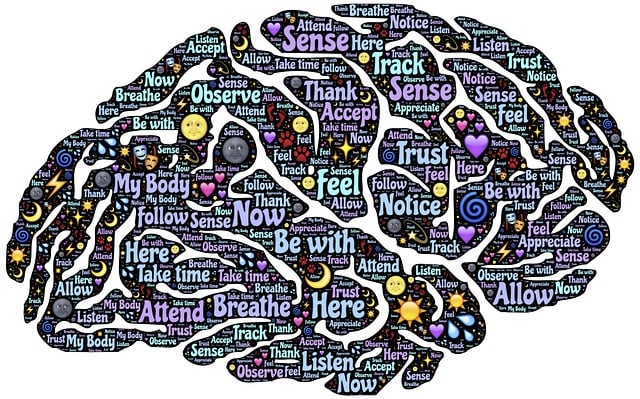Children's mental health challenges, especially psychotic disorders, are often overlooked due to their unique emotional expressions and developing brains. Early intervention through accessible therapy is crucial to prevent severe issues. The current lack of tailored self-assessment tools hinders support, but innovative solutions like workshops and podcasts normalize mental health conversations. Existing psychosis assessments for young individuals often fail to accurately identify subtle symptoms and risk factors specific to adolescents. Enhancing early detection and improving access to therapy for children with psychosis is essential to prevent burnout among mental health professionals. Designing child-friendly self-assessment tools that incorporate visual aids, interactive elements, and age-appropriate language can encourage accurate reporting and foster open communication. Integrating creative approaches makes assessments more engaging and effective, empowering both children and healthcare providers through tailored interventions.
Mental wellness self-assessment tools play a crucial role in identifying emerging mental health challenges in children, especially those at risk of psychosis. This article delves into the development of such tools, addressing critical gaps in existing assessments. We explore the unique considerations for child-friendly evaluations and discuss innovative creative approaches to enhance tool effectiveness and user engagement. By focusing on early intervention through therapy for children with psychosis, these strategies aim to foster better mental health outcomes.
- Understanding Children's Mental Health Challenges and the Need for Early Intervention
- Identifying Gaps in Existing Assessment Tools for Psychosis in Youth
- Designing Self-Assessment Tools: Considerations for Child-Friendly Mental Health Evaluations
- Integrating Creative Approaches to Enhance Tool Effectiveness and User Engagement
Understanding Children's Mental Health Challenges and the Need for Early Intervention

Children’s mental health challenges are often overlooked or misdiagnosed due to their developing brains and ability to express emotions differently than adults. This can lead to severe issues like psychosis if left unaddressed. Early intervention is crucial in mitigating these challenges, as research shows that timely therapy for children experiencing symptoms of psychosis can prevent the progression of the illness and improve long-term outcomes. The need for accessible and tailored mental wellness self-assessment tools for kids is evident, especially given the unique dynamics of their social and emotional development.
Understanding childhood mental health involves recognizing not only common issues like anxiety and depression but also less commonly discussed challenges such as psychotic disorders. The lack of awareness and specialized resources contributes to the struggle many children face in accessing appropriate support. To bridge this gap, organizations are increasingly focusing on developing innovative tools, including Stress Management Workshops designed for young minds, Conflict Resolution Techniques taught through engaging activities, and even Mental Wellness Podcast Series tailored to their listening levels. These efforts aim to normalize conversations around mental health early on, empowering children to take charge of their emotional well-being.
Identifying Gaps in Existing Assessment Tools for Psychosis in Youth

The assessment of psychosis in young individuals is a critical aspect of early intervention and prevention strategies for mental health disorders. However, existing tools often fall short in accurately identifying subtle symptoms and risk factors specific to adolescents. Many current assessments are designed primarily for adults, leading to potential gaps in detection during formative years when psychotic disorders may first emerge. This is particularly concerning given the distinct developmental trajectory of youth brain development, which can influence symptom presentation and manifestation.
Mental health policy analysis highlights the need for culturally sensitive and age-appropriate assessment methods that cater to the unique needs of young people. Mental health education programs design should focus on developing tools that go beyond traditional diagnostic criteria, incorporating contemporary research findings and community perspectives. By addressing these gaps, we can enhance early detection, improve access to therapy for children with psychosis, and ultimately, prevent burnout among mental health professionals through more effective interventions and support systems.
Designing Self-Assessment Tools: Considerations for Child-Friendly Mental Health Evaluations

Designing self-assessment tools for mental wellness among children necessitates a thoughtful approach, considering the unique needs and challenges presented by young minds. These tools must be child-friendly, engaging, and accessible to foster accurate self-reporting while maintaining privacy and confidentiality. Incorporating visual aids, interactive elements, and simple language tailored to different age groups can enhance the assessment process, making it less intimidating for children.
When developing mental health evaluations for kids, incorporating strategies like empathy building and mental health education programs design can create a supportive environment. These approaches not only facilitate open communication but also empower children with knowledge about their emotions and behaviors. Moreover, integrating risk management planning for mental health professionals ensures a safe and structured evaluation process, addressing potential issues related to psychosis in therapy for children.
Integrating Creative Approaches to Enhance Tool Effectiveness and User Engagement

Integrating creative approaches into self-assessment tools can significantly enhance their effectiveness and user engagement, particularly when targeting vulnerable populations like children experiencing psychosis. These innovative methods go beyond traditional questionnaires, incorporating interactive elements that cater to diverse learning styles. For instance, integrating visual aids, storytelling, or gamification can make the assessment process more engaging and less intimidating for young users, encouraging active participation.
By infusing these creative strategies, mental health professionals can foster a sense of collaboration and curiosity, promoting open communication. This is especially beneficial in addressing children’s unique needs, as it allows for a more nuanced understanding of their experiences. Moreover, such tools can contribute to improving healthcare provider cultural competency training by offering diverse ways to connect with patients from various backgrounds, ensuring better-tailored interventions and improved outcomes, including anxiety relief and confidence boosting.
The development of child-friendly mental wellness self-assessment tools is a crucial step in addressing the growing need for early intervention in youth psychosis. By understanding the unique challenges faced by children and adolescents, we can identify gaps in existing assessments and design innovative solutions. Integrating creative approaches ensures these tools are not only effective but also engaging, encouraging young users to actively participate in their mental health evaluations. This collaborative effort between researchers, professionals, and young people can lead to more accurate diagnoses and improved therapy for children experiencing psychosis.

